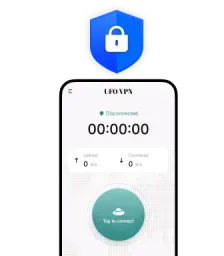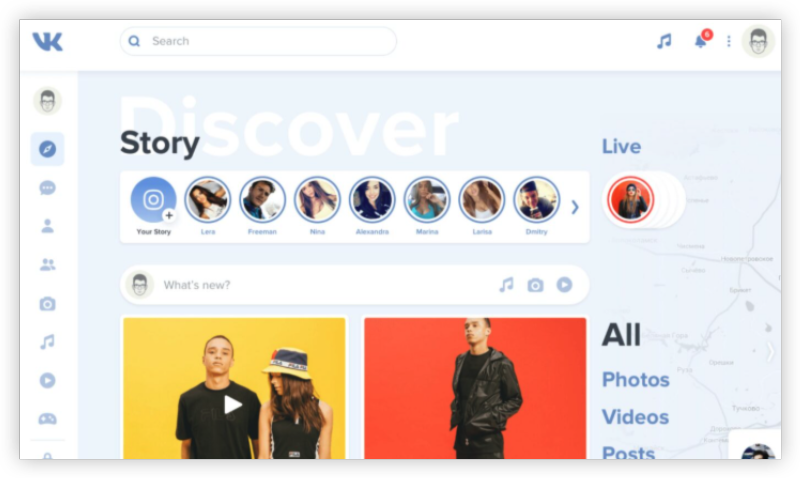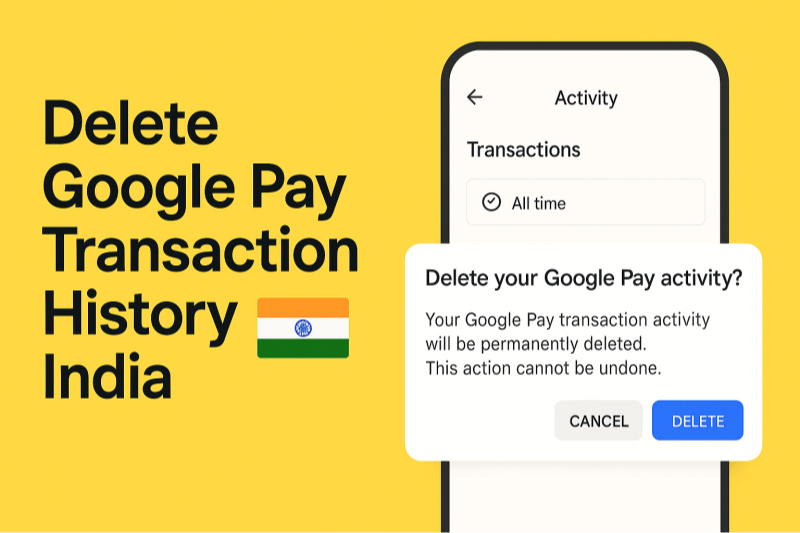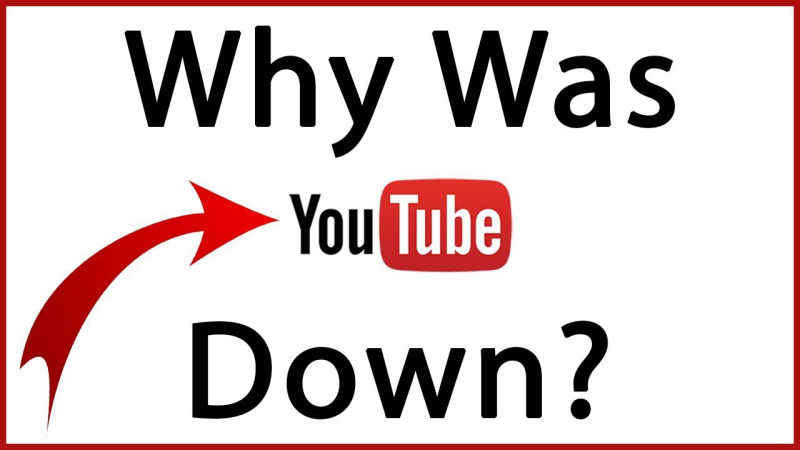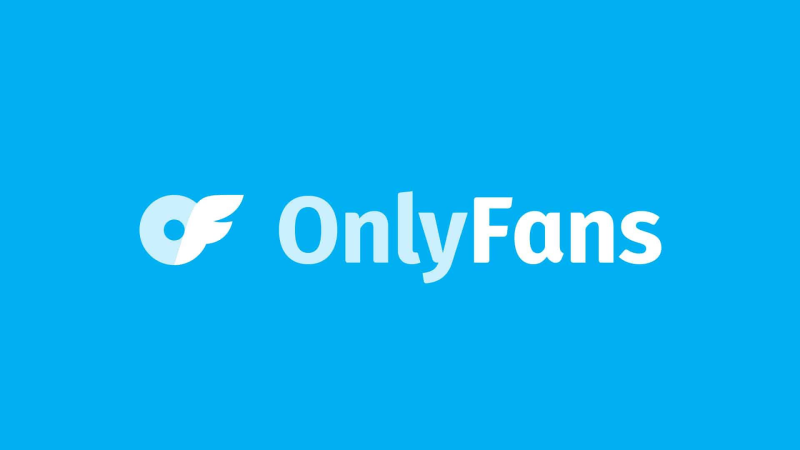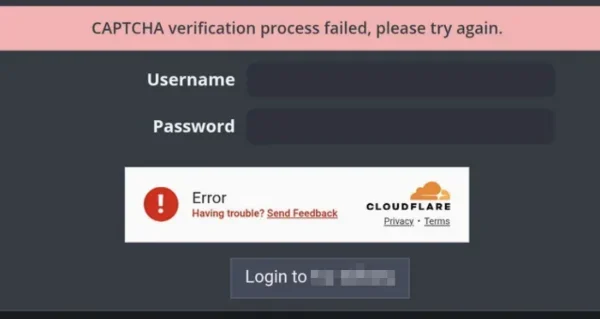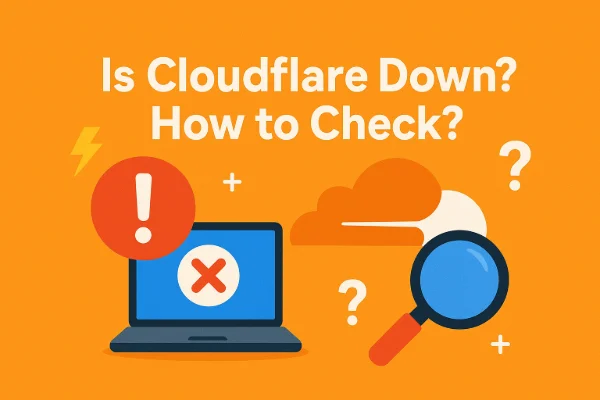What Is Google DNS?
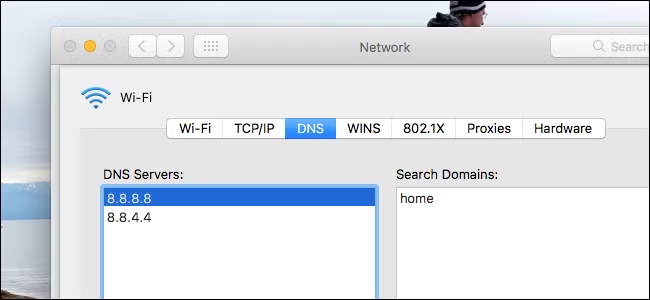
Google DNS is a free, public Domain Name System service provided by Google. When you type a URL—say, example.com—your device asks a DNS resolver to translate that name into an IP address. By default, you use your ISP’s resolver; switching to Google’s 8.8.8.8 or 8.8.4.4 often yields faster lookups and better uptime.
Key Benefits of Google DNS
-
Global Anycast Network: Redundant points of presence ensure queries are routed to a nearby server.
-
Performance: Reports show average lookup times under 20 ms in many regions.
-
Reliability: Google’s infrastructure guarantees high availability.
However, these benefits come with privacy trade-offs—Google may log every query and tie it to your IP, building detailed browsing profiles.
Why Encrypted DNS Matters
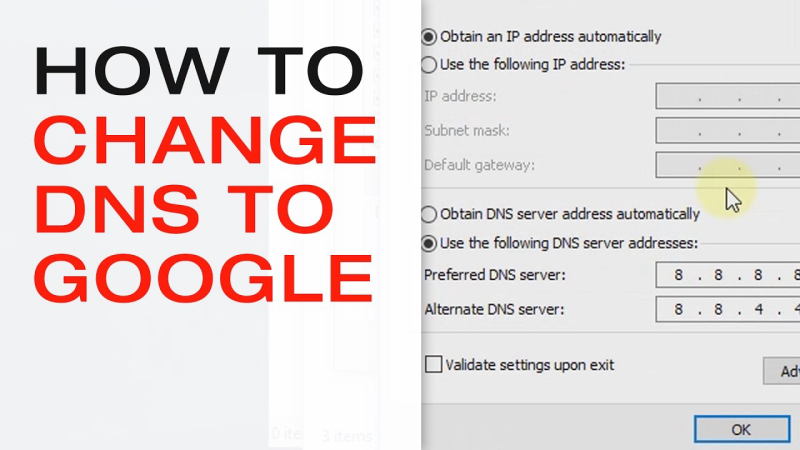
Unencrypted DNS (UDP/53) is easily intercepted or altered by ISPs, network administrators, or malicious actors:
-
Eavesdropping: Third parties see which domains you visit.
-
Manipulation: Attackers can redirect your lookups to phishing domains.
-
Throttling & Filtering: Networks can block or slow specific traffic by intercepting DNS.
Encrypting DNS over HTTPS (DoH) or TLS (DoT) conceals your queries from prying eyes.
📖Related Reading
Comparing Google DNS and UFO VPN DNS
| Feature | Google DNS(8.8.8.8) | UFO VPN DNS |
| Logging Policy | Logs queries (stored up to 48 hours) | Zero-logging; no queries stored |
| Encryption | None (UDP port 53) | TLS 1.3 encrypted (DoT over port 853) |
| Speed (Lookup Time) | ~15–25 ms | ~17–27 ms (under 5% overhead) |
| Anycast Network | Yes, global | Yes, optimized for privacy servers |
| Malicious Domain Blocking | No | Optional blocklist for phishing/malware |
| One-click via UFO VPN app or manual | Simple—manual IP change | One-click via UFO VPN app or manual |
Step-By-Step: Switching to Google DNS
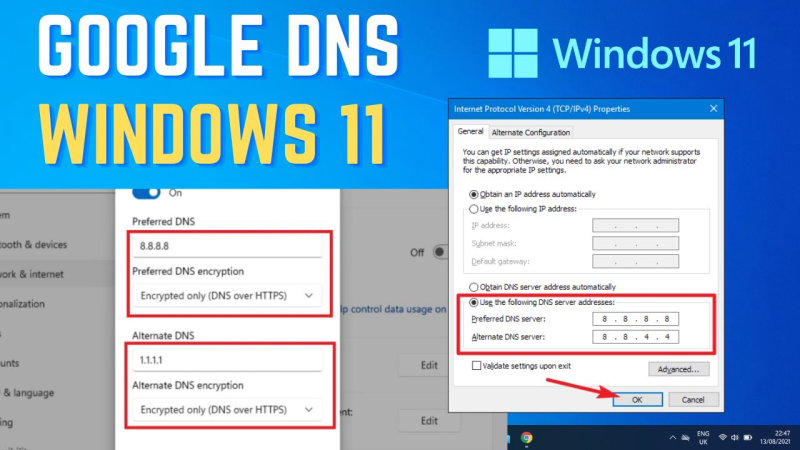
If you value pure speed above all, here’s how to point your device to Google’s DNS:
-
Windows:
-
Settings → Network & Internet → Change adapter options
-
Right-click your connection → Properties → IPv4 → Properties
-
Select “Use the following DNS server addresses” and enter
8.8.8.8and8.8.4.4.
-
-
macOS:
-
System Preferences → Network → Advanced → DNS
-
Click “+” and paste
8.8.8.8, then8.8.4.4.
-
-
Android/iOS:
-
Use Wi-Fi network settings to configure static DNS or install a DoH-capable browser.
-
While straightforward, remember that your lookups remain in plaintext and logged by Google.
Upgrading to UFO VPN’s Encrypted DNS
For true privacy, use UFO VPN’s private DNS—all queries ride inside an encrypted tunnel:
With 3000+ server in over 100 countries, UFO VPN is open to download as a free iPhone VPN, free Android VPN(with VPN APK), free Windows VPN and free Mac VPN. Install the app and sign up or log in.
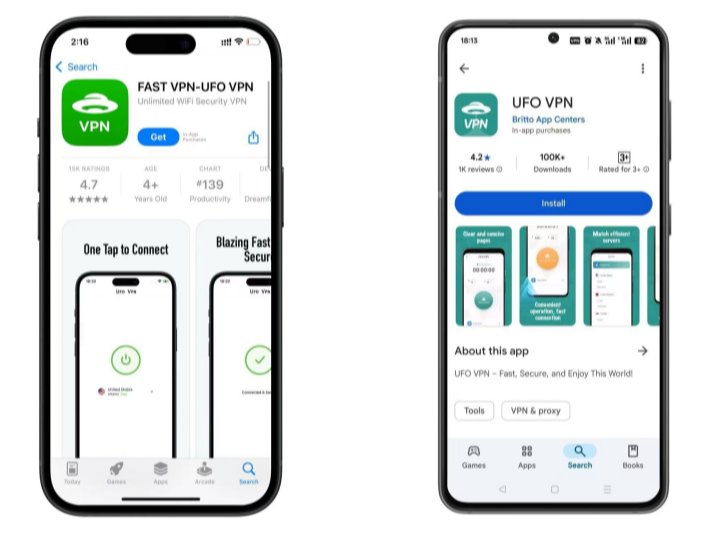
Open the app, choose a free server locationwhere your desired streaming/gaming/browsing platform is available.
We recommend free USA VPN, free UK VPN and free Australia VPN.
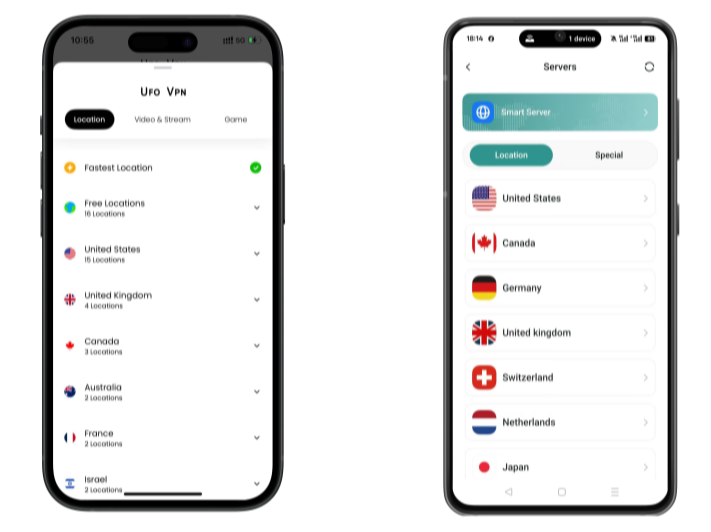
Pro Tip
UFO VPN is compatible with popular platforms in gaming and streaming as CODM VPN, PUBG VPN, Netflix VPN and more!
After connecting, visit What is My IP tool to see your current location and ensure your real IP is visible.
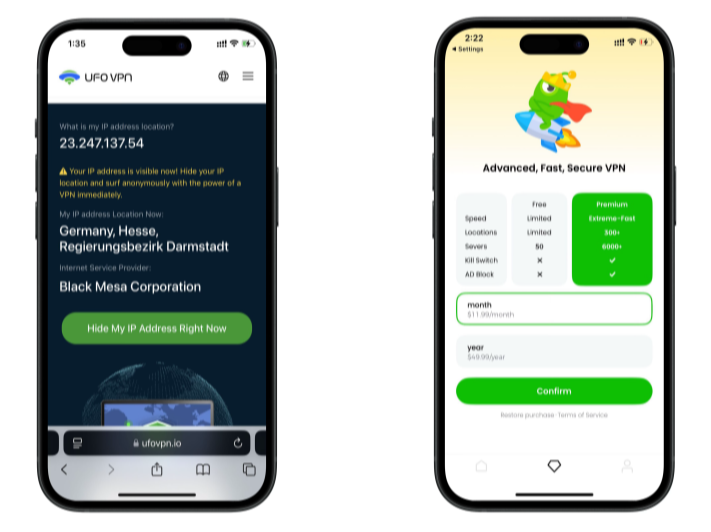
With all set, visit your favorite platform and start browsing without geo-blocks or buffering!
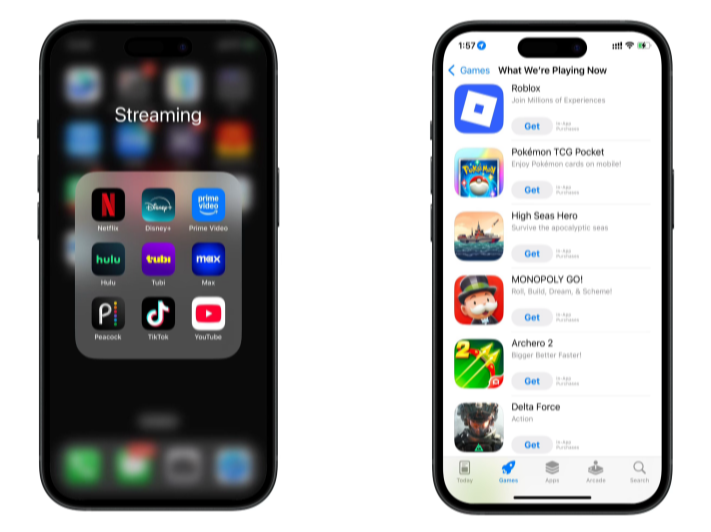
Enable Private DNS: In Settings → DNS Protection, toggle “Use Private DNS.”
Confirm Encryption: Check your DNS via online tools; lookups now occur over TLS 1.3.
You’ll see lookup times within 5% of Google DNS, yet with zero-logging and strong filtering options.
When to Use Each Option
-
Choose Google DNS if you need maximum speed and don’t mind minimal logging for general browsing.
-
Choose UFO VPN DNS when privacy is paramount—shopping, banking, or researching sensitive topics on public networks.
FAQ
Q: Is Google DNS encrypted?
No—Google DNS operates over UDP port 53 without encryption.
Q: Can UFO VPN DNS unblock censored domains?
Yes—encrypted DNS within UFO VPN bypasses DNS-level censorship and filtering.
Q: Will switching slow down my internet?
UFO VPN DNS adds under 5% lookup overhead; in real-world use, speed remains imperceptibly fast.
Conclusion
In 2025, the google dns vs. ufo vpn dns debate centers on speed versus privacy. While Google’s 8.8.8.8 excels at raw performance, it logs your queries in plaintext. UFO VPN’s DNS, secured by TLS 1.3 and backed by a zero-logging policy, offers nearly equivalent speeds with robust privacy. Test both solutions—speed loss is under 5%—and choose the DNS that best fits your needs: lightning-fast or truly confidential.

